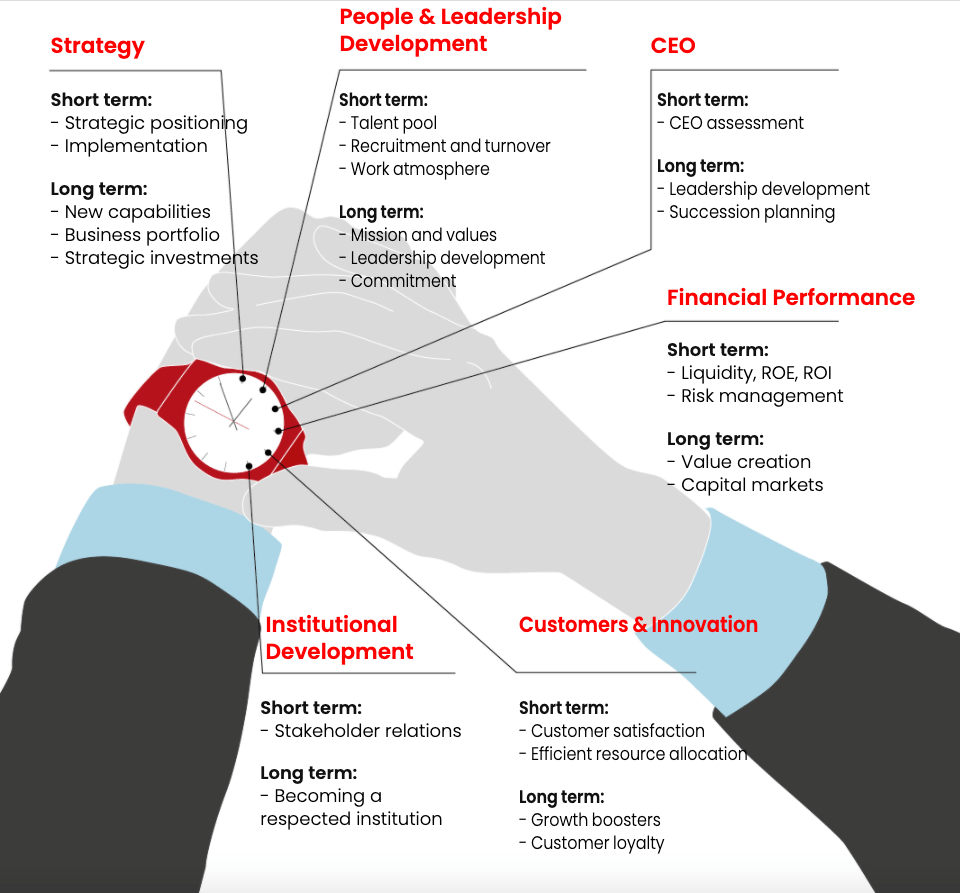
Elevate Your Efficiency Time Management for Executives

Time Management Tips for Executives
In the fast-paced world of executive leadership, time is undoubtedly one of the most precious commodities. Executives are constantly juggling multiple responsibilities, meetings, and projects, making effective time management absolutely critical. Here are some invaluable tips to help executives optimize their time and maximize their productivity.
Setting Clear Priorities
One of the fundamental keys to effective time management for executives is setting clear priorities. With numerous tasks vying for attention, it’s crucial to identify the most important ones and focus on them first. By establishing priorities, executives can ensure that their time and energy are directed towards activities that align with organizational goals and objectives.
Utilizing Time Blocking Techniques
Time blocking is a highly effective strategy for executives looking to manage their time more efficiently. By allocating specific time blocks for different tasks or activities, executives can create a structured schedule that minimizes distractions and maximizes productivity. Whether it’s dedicated time for strategic planning, team meetings, or individual work, time blocking helps ensure that each aspect of the executive’s role receives the necessary attention.
Delegating Tasks Appropriately
Delegation is an essential skill for any executive leader. Recognizing that they can’t do everything themselves, successful executives delegate tasks to capable team members, empowering them to take ownership and responsibility. Delegating not only frees up valuable time for executives to focus on high-priority initiatives but also fosters professional growth and development within the organization.
Embracing Technology Tools
In today’s digital age, there is no shortage of technology tools available to assist executives in managing their time more effectively. From calendar apps and project management software to communication platforms and virtual assistants, technology can streamline processes, automate repetitive tasks, and enhance collaboration. By leveraging the right tools, executives can optimize their workflow and stay organized amidst the chaos.
Practicing Self-Reflection and Continuous Improvement
Continuous improvement is a core principle for executive leaders seeking to excel in their roles. Taking the time for self-reflection allows executives to evaluate their time management strategies, identify areas for improvement, and adjust their approach accordingly. Whether it’s implementing new techniques, refining existing processes, or seeking feedback from peers and mentors, a commitment to continuous improvement is essential for staying ahead in today’s dynamic business environment.
Cultivating a Culture of Time Management
Effective time management isn’t just an individual endeavor—it’s also about fostering a culture of productivity and efficiency within the organization. As leaders, executives have the opportunity to set the tone and lead by example when it comes to managing time effectively. By promoting time management best practices, providing resources and support, and recognizing and rewarding productivity, executives can create an environment where everyone is empowered to make the most of their time.
Building in Buffer Time
In the unpredictable world of executive leadership, it’s essential to build in buffer time to account for unexpected delays, interruptions, or emergencies. By allowing for flexibility in their schedules, executives can better adapt to changing circumstances without sacrificing productivity or quality. Whether it’s padding meeting times or allocating buffer periods throughout the day, building in buffer time provides a safety net and reduces stress levels for executives.
Learning to Say No
Saying no can be one of the most challenging yet liberating skills for executives to master. With countless demands on their time and attention, executives must learn to prioritize and politely decline requests that don’t align with their goals or priorities. By saying no strategically, executives can avoid overcommitment, maintain focus on high-impact activities, and preserve their time and energy for what truly matters.
Fostering Work-Life Balance
Last but certainly not least, maintaining a healthy work-life balance is essential for executive leaders to sustain long-term success and well-being. While dedication and commitment are admirable qualities, executives must also prioritize self-care, relaxation, and time spent with loved ones outside of work. By striking a balance between professional and personal pursuits, executives can recharge their batteries, reduce burnout, and ultimately perform at their best.
In Conclusion:
Effective time management is a cornerstone of executive leadership, enabling leaders to navigate complexity, drive results, and inspire others to achieve greatness. By implementing these time management tips and strategies, executives can take control of their schedules, optimize their productivity, and lead with purpose and clarity in today’s fast-paced business world. Read more about time management tips for executives


